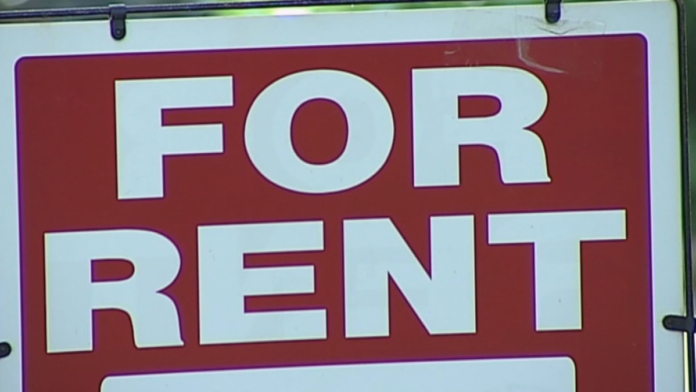The housing and rental markets are tight. So finding a good deal may be hard to pass up.
The Federal Trade Commission has advice on how to spot a rental scam. Typically, a scammer will use an actual property. The red flags occur during payment arrangements. The scammer may ask for the to-be renter to wire the rent or a holding fee. They may use being out of the country as a reason for the wire transfer. Once the money is wired there is no way to get it back.
The Better Bussiness Breau shows that younger people are most likely to be victims. Typically, because they have less experience in renting. An Apartment List survey found that those who are 19-29 are 42% more likely to be victims.
Scammers may also ask for the first month’s rent before a lease is signed. Experts say renters need to do their homework. If you can’t meet in person, see the apartment, or sign a lease before you pay, keep looking.













